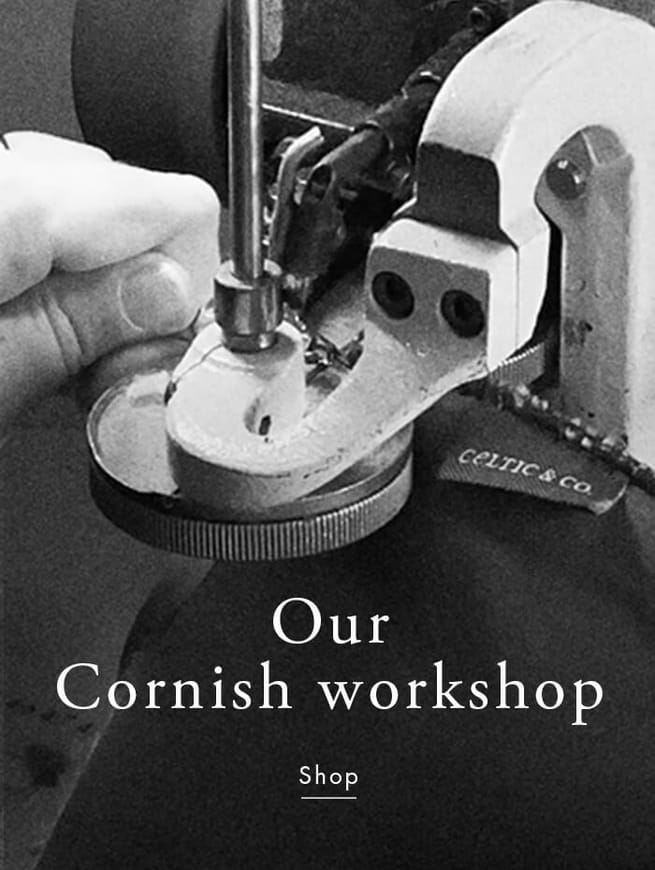PALM OIL POLICY
Corporate & Social Responsibility
Palm oil comes from the fruit on tropical oil palm trees. Producing the edible oil wreaks havoc on the environment, leading to deforestation, habitat degradation, and loss of animal habitat. The World Wildlife Fund estimates that an area about the size of 300 football fields is cleared each hour in tropical rainforests for palm oil production.
There are different definitions of sustainable palm oil, but at its core this refers to palm oil that has been produced with the lowest environmental impact possible. This includes minimising impact to wildlife and adhering to high standards of human rights.
In response to the pressing global call for sustainably produced palm oil, the RSPO was formed in 2004 by founding members the World Wildlife Fund, the Malaysian Palm Oil Association (MPOA), Unilever, AAK, and Migros.
Since then, the RSPO have developed a set of environmental and social criteria that companies must comply with to produce RSPO Certified Sustainable Palm Oil (CSPO). These measures help minimise the negative impact of palm oil production on the local environment, wildlife, and communities.
We at Celtic & Co. are committed to participation in the Sustainable Palm Oil Communities project in Newquay. By 31/12/2023 we will have collaborated with our suppliers to ensure that where palm oil is present in our food/cleaning products, it will be sourced from sustainable source. This process is facilitated through annual supplied audits. By doing so we know that we are helping to protect wildlife around the word from the impact of unsustainable agricultural practices.














